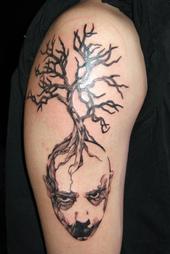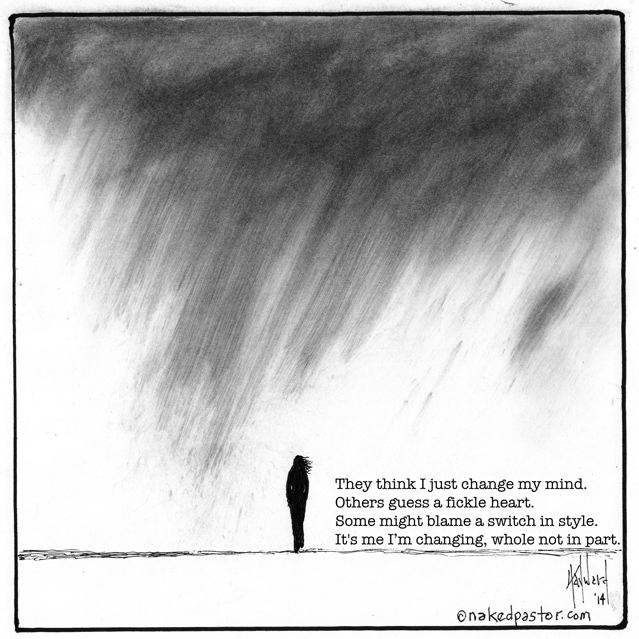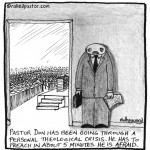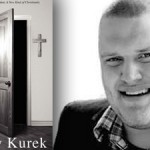 Years ago I read Monica Furlong’s biography of Thomas Merton, the Benedictine monk/writer/mystic who died in 1967. With rather courageous insight, she wrote:
Years ago I read Monica Furlong’s biography of Thomas Merton, the Benedictine monk/writer/mystic who died in 1967. With rather courageous insight, she wrote:
…those who believed themselves to have a vocation, a call, needed to reach a stage in their development when they knew that the constraint had not been quite of the kind they originally thought, but rather an inevitable outcome of their temperament, upbringing, and the particular problems they had.
I’ve thought long and hard over that one, and followed her assertion down the long road of its implications. I’ve come to the conclusion, for myself, that the following must be considered as possibilities:
- That the brain’s primary function is the protection of the organism.
- That this translates into fear of death.
- That this translates into the manufacturing of profound spiritual experiences and revelations.
- That this translates into a religion.
- That this translates into a holy book documenting this religion’s origins.
- That this translates into the need for collecting the adherents of this religion into a cohesive group, called church, sangha, ummah, synagogue, etc.
- That this translates into the need for a clergy to manage and care for the adherents.
- That this translates into the possibility that my “call” is not divine, but a reflection of my own fears, needs, and wishes, as well as the product of a long history of numbers 1-7.
I believe that anyone claiming to be a religious leader or is recognized as such must consider these possibilities seriously or dangerous problems arise.
The image is a photo of a tattoo created and applied by my friend Zara Leaf who lives and creates in Winnipeg, Manitoba, Canada.











